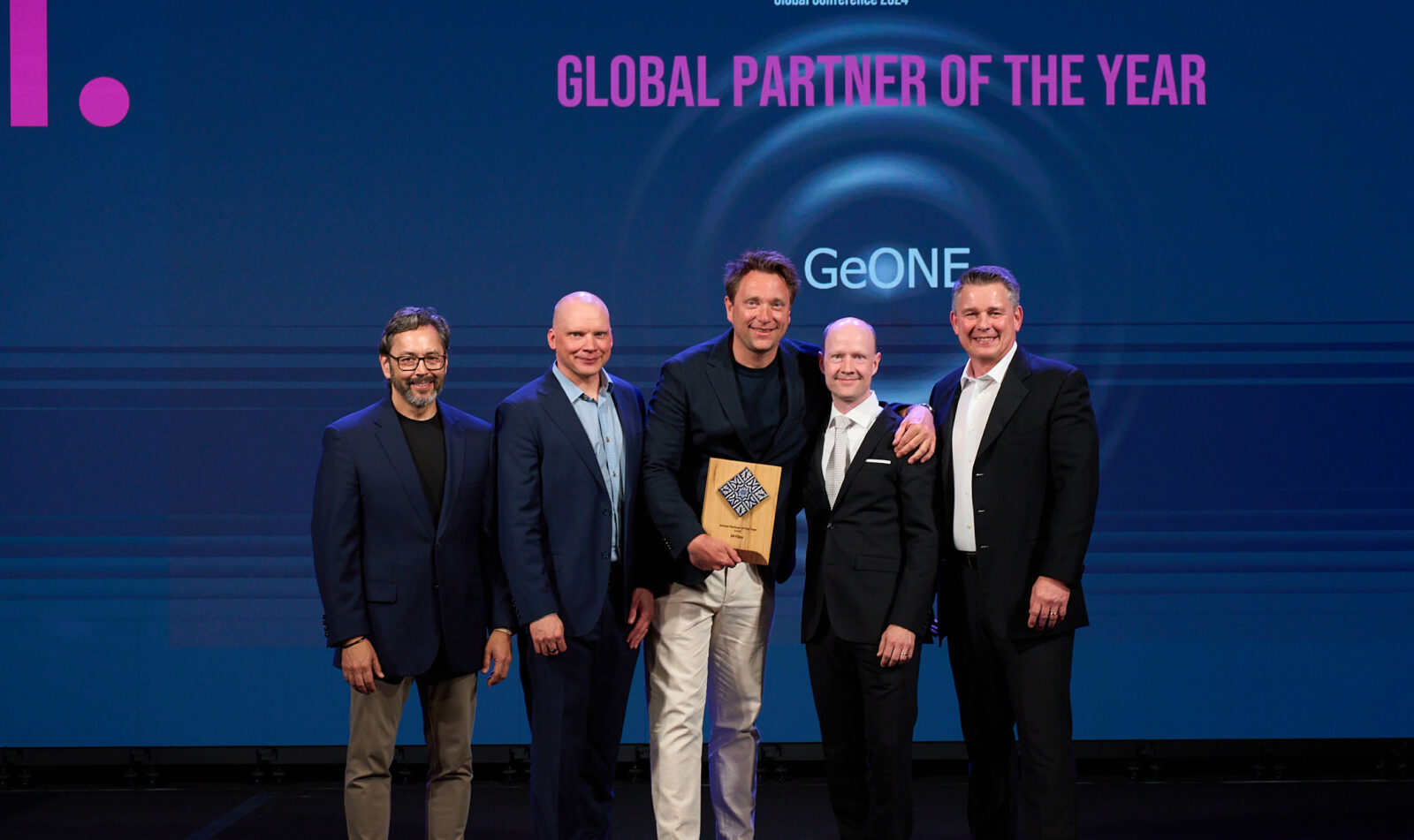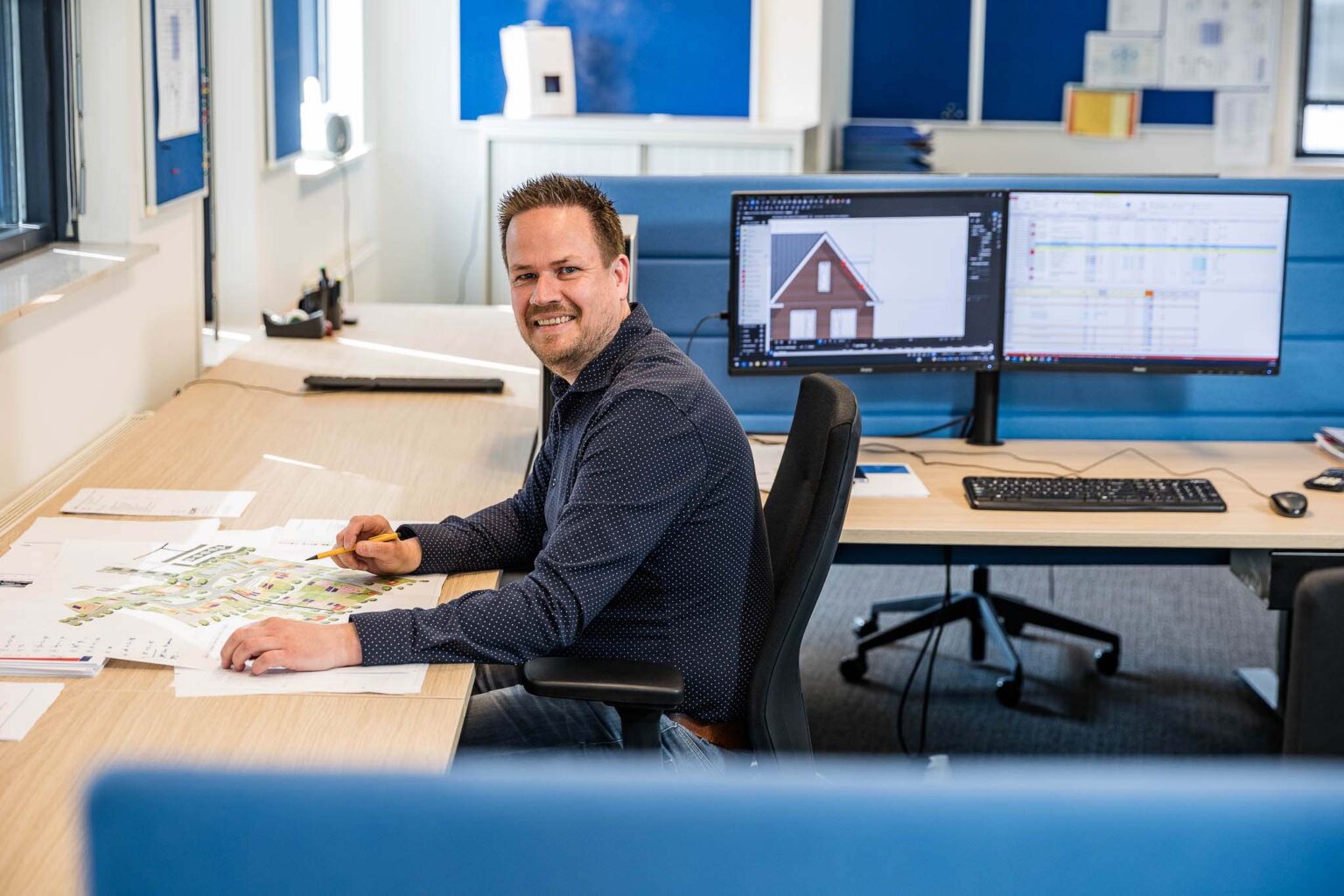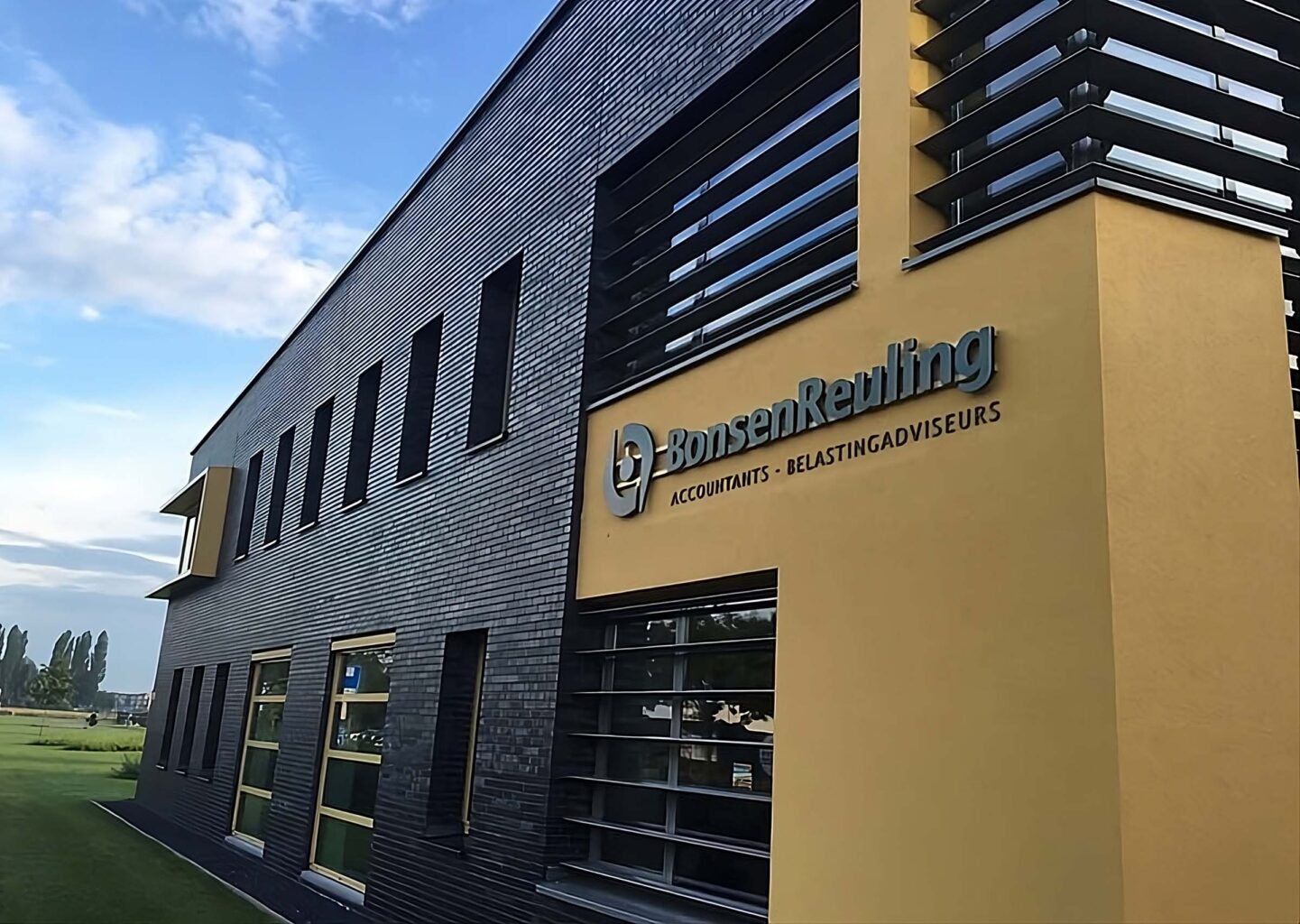IDA Foundation aims to make quality medicines, medical supplies and diagnostic tools accessible to people in developing countries at affordable prices. 'This brings affordable basic medical care, as we know it here in the Netherlands, closer. Also for countries and environments where it is less obvious,' said Michiel de Goeje, Director Quality Affairs at the non-profit organisation. As it concerns medicines medical supplies and equipment, with many complex protocols and procedures in production, sales and distribution, adequate quality management on processes and information is essential. To this end, IDA Foundation engaged premium M-Files partner GeONE. Result of this implementation: control, transparency and compliancy.
The IDA Foundation started in 1972 as a wholesaler of medicines. Not for profit, because from the beginning it was a foundation whose aim was to make generic medicines more accessible and affordable. De Goeje: 'The focus is on those countries, regions and organisations where budgets are scarce and accessibility to basic healthcare is at risk or already is. Everyone has a right to good healthcare and a certain basic provision of medicines, medical supplies and diagnostic equipment is the foundation for this. IDA Foundation's motto is: Bridging the Gap in Access to Medicines. We want to bridge that gap between available and affordable poetry.
Transparency
Some 300 people work at IDA Foundation, which has headquarters in Amsterdam. Jihan Jamal, manager Medical Devices: 'In total, we now supply more than 3,000 products to our customers and partners, mostly non-governmental organisations (NGOs, so not dependent on governments), ministries of health, wholesalers and small(er) hospitals in developing countries. All with the aim of making those drugs, medical supplies and equipment affordable and available. It is a highly regulated environment, with many procedures and protocols throughout the chain, both for the goods and (production of) medicines and for all involved. So those strict rules regarding compliancy also apply to us. Besides the head office in Amsterdam, we have offices in China, India, Nigeria and the Democratic Republic of Congo, as well as representatives/agents in more than 30 countries. All in all, IDA Foundation employs people representing 21 different nationalities. It is a complex organisation that relies heavily on (sharing) information and following procedures. Transparency is the key word in our working environment.'
Standards
Now, much is already standardised in that environment. De Goeje: 'To be able to give guarantees about the quality of the products delivered, it is necessary to use as many standards as possible. This makes control easier and ultimately gives you more control over making good basic care available. The production, sale and distribution of medicines, medical supplies and medical equipment involves a lot of information that has to be shared, exchanged, checked, verified, approved and recorded. But the parties we work with, e.g. drug manufacturers, raw material suppliers and the like, must also comply with strict requirements. Add to that the fact that our own people work in different places and are also increasingly mobile, where information still needs to be available, controlled and secure, and you have a pretty good idea of the challenge we faced.'
Lots of paper, spreadsheets and network drives
Until recently, people at IDA Foundation worked mainly with paper, spreadsheets and a lot of information on network drives and in multiple systems. It was all organised, but it became increasingly difficult to maintain the required quality. Jamal: 'In certain approval processes, documents went back and forth by e-mail. These then had to be printed, signed, scanned and returned by e-mail. That was no longer workable, especially as, as the organisation grew, so did the volumes of information. Sharing information became more difficult, but also more necessary. We absolutely wanted to be able to continue offering guarantees on the quality of our processes and products. Everything must be verifiably correct at all times.'
Quality management
Thereupon, IDA Foundation sent out a Request for Information (RfI) asking the Enterprise Information Market (EIM) market who was up to the challenge. De Goeje: "We had listed for ourselves all the wishes and requirements the solution had to meet, which was quite a list. It had to be a cloud solution, it had to be above all secure and reliable, it had to be transparent, manageable, user-friendly and proven technology, it had to have a good rights structure and above all, quality management, including validation/acceptance, had to be standard functionality. In fact, our Standard Operational Procedures (SOP) are an essential part of how we work. Our application initially attracted eight providers who responded. From these, we pre-selected and had four parties do a Proof of Concept. M-Files emerged as the best and partner GeONE in particular showed that they understood what we were talking about. Their knowledge of how we worked, how our processes ran and how quality management works in an organisation like ours was the deciding factor.'
M-Files fits IDA Foundation structure
Jamal: 'The PoC demonstration showed that GeONE had understood and that M-Files matched our needs and requirements. This solution completely fits IDA Foundation's structure. It also fits seamlessly with our ERP system, for example, without requiring any 'hard' integration. We did have to take some time to ensure that, for example, the naming and coding of documents in M-Files matched what we had. After all, we introduced a system in there that might not be very common in other environments, but we really wanted to implement that in M-Files. When everything will soon be in the system, we will be talking about some 5,000 documents with information on or related to SOPs, instructions, certifications, partners, suppliers, etc. Everything digital, under the button and accessible to everyone who has to work with it.'
Roll out further
For IDA Foundation, the main advantage of working with M-Files is that it has a grip on processes and information. De Goeje: 'There is full traceability of information, processes, productions, deliveries, etc. At any time, we can show and have our own insight into what happened to what information and by whom. Information has also become more accessible, even when people are away from the office. The 'active users' and 'viewers' in M-Files are automatically notified when it is time for a review of certain licences, certificates, agreements, contracts, etc. This has to be done annually for some, triennially for others, but now we no longer have to worry about whether we are missing something. M-Files provides IDA Foundation with complete control over processes and information.'
Besides the quality gain, time saving is also a major benefit for IDA Foundation, Jamal believes: 'If you consider that we used to have and share a lot of information on paper, you will understand that things are now many times more efficient and effective now that information is available digitally wherever it is needed.'
De Goeje: 'Of course there are ideas to roll out M-Files further, to other parts of the organisation such as HR, but first we want to take advantage of what we have now. We have just started using it and by the end of the year really all the information should be in M-Files. Then it will be time to see if and where else we can use M-Files to further improve our quality.



